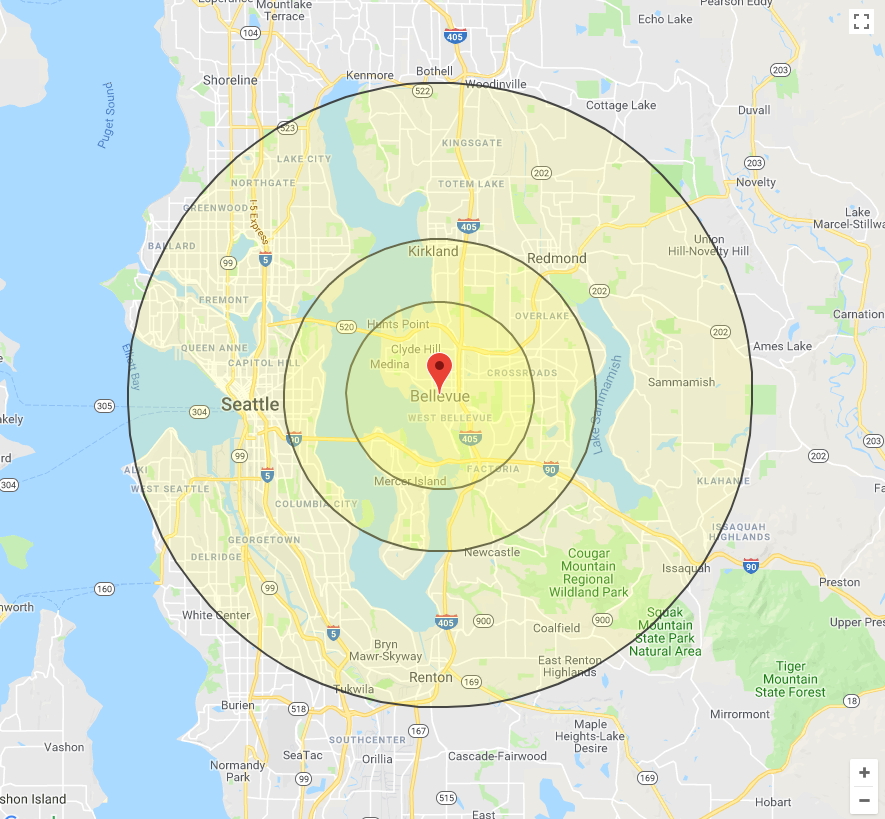 Dental practices are, in many ways, just like any other business. It’s vital to be competitive in your industry. One aspect of competitiveness is matching your lifestyle preferences with those of your practice and its patient base. For instance, do prefer to live in a big city, a small town, a rural area or somewhere in between? This week, we’ve compiled a list of the pros and cons of opening a rural dental practice – to help you decide whether making this kind of a move is right for you. Pros of a Rural Location • You will, almost always, have less competition in a rural area. Since patients will have fewer dentists to choose from, it will be easier to grow your practice. • Generally speaking, rural living offers a slower-paced lifestyle than cities. This slower pace affords dentists the time to create stronger bonds with their patients, and that can significantly increase your level of job satisfaction – not to mention providing a benefit for the dental patients. • The overhead costs of operating a dental practice are usually lower in a rural area, but your fees can remain similar to those charged by dentists in urban centers. That can translate into a higher profit margin for you. • Some states offer incentives for dentists to relocate to rural areas. Find out if your state offers any type of loan forgiveness program for rural dentists, which could reduce your debt and give you a better return on your investment. Cons of a Rural Location • Many rural locations have residents with a lower income level, and that can mean that they spend less on oral health care. • Some rural areas might have a population that is less educated about dental health, and that could prevent them from visiting the dentist. • Some rural residents might not have dental insurance – yet another factor that could keep them away from the dentist office. • By locating in an area with a lower population, you are more vulnerable to an increase in competition. Use Dental Demographics as a Resource Remember that not all rural areas are the same. One of the age groups that spends the most on dental care are seniors, and rural areas typically have an older population with a higher demand for dental services. Every year, more and more baby boomers are downsizing by purchasing smaller homes, some of which are in low density areas, while at the same time increasing what they spend on health care. And, whatever you do, remember to utilize the valuable information available from a dental demographics specialist before you make any kind of a major move. Demographics experts have already gathered all the information you need in order for you to make the best decision for you and your dental practice.
Dental practices are, in many ways, just like any other business. It’s vital to be competitive in your industry. One aspect of competitiveness is matching your lifestyle preferences with those of your practice and its patient base. For instance, do prefer to live in a big city, a small town, a rural area or somewhere in between? This week, we’ve compiled a list of the pros and cons of opening a rural dental practice – to help you decide whether making this kind of a move is right for you. Pros of a Rural Location • You will, almost always, have less competition in a rural area. Since patients will have fewer dentists to choose from, it will be easier to grow your practice. • Generally speaking, rural living offers a slower-paced lifestyle than cities. This slower pace affords dentists the time to create stronger bonds with their patients, and that can significantly increase your level of job satisfaction – not to mention providing a benefit for the dental patients. • The overhead costs of operating a dental practice are usually lower in a rural area, but your fees can remain similar to those charged by dentists in urban centers. That can translate into a higher profit margin for you. • Some states offer incentives for dentists to relocate to rural areas. Find out if your state offers any type of loan forgiveness program for rural dentists, which could reduce your debt and give you a better return on your investment. Cons of a Rural Location • Many rural locations have residents with a lower income level, and that can mean that they spend less on oral health care. • Some rural areas might have a population that is less educated about dental health, and that could prevent them from visiting the dentist. • Some rural residents might not have dental insurance – yet another factor that could keep them away from the dentist office. • By locating in an area with a lower population, you are more vulnerable to an increase in competition. Use Dental Demographics as a Resource Remember that not all rural areas are the same. One of the age groups that spends the most on dental care are seniors, and rural areas typically have an older population with a higher demand for dental services. Every year, more and more baby boomers are downsizing by purchasing smaller homes, some of which are in low density areas, while at the same time increasing what they spend on health care. And, whatever you do, remember to utilize the valuable information available from a dental demographics specialist before you make any kind of a major move. Demographics experts have already gathered all the information you need in order for you to make the best decision for you and your dental practice.




